Idea by
Michael He
Things We Like Limited
http://www.theofficeasaproject.com
Call for ideas 2019
The Office as a Project
The Office as a Project
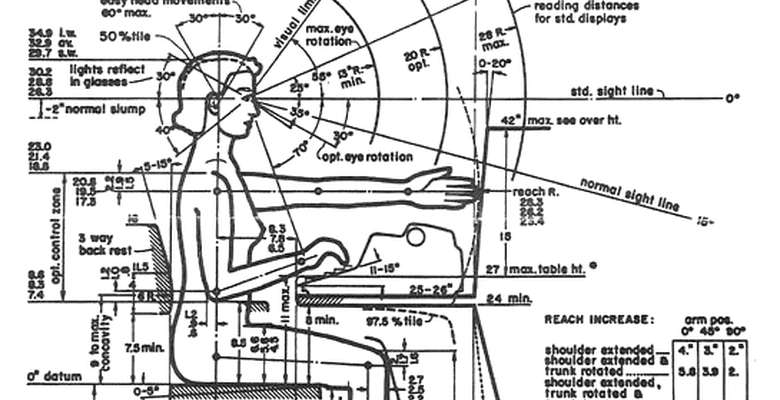
- New alliances
Work, and the organizations that create & define it, are some of our fastest evolving social structures. They change so quickly and completely that words like ‘disruption’ are used to describe its shifts; legal agencies struggle to keep up.
On the other hand, ‘workplace design’ has been remarkably slow at reflecting these societal changes. The architect’s language to describe this is similarly obsolete. Even at its most progressive it simply enables & perpetuates existing structures, without a complete understanding of the meaning of its designs.
By making the Office a Project we are taking work & the workplace as a starting point to explore its expanded field of influence, from spatial privacy to care economies; from distributed digital work to white collar unions.. Our Project is not some Malthusian warning about (or celebration of) the ‘future of work,’ but is instead about understanding—in order to design for (or indeed against) this ubiquitous but under-scrutinized subject.
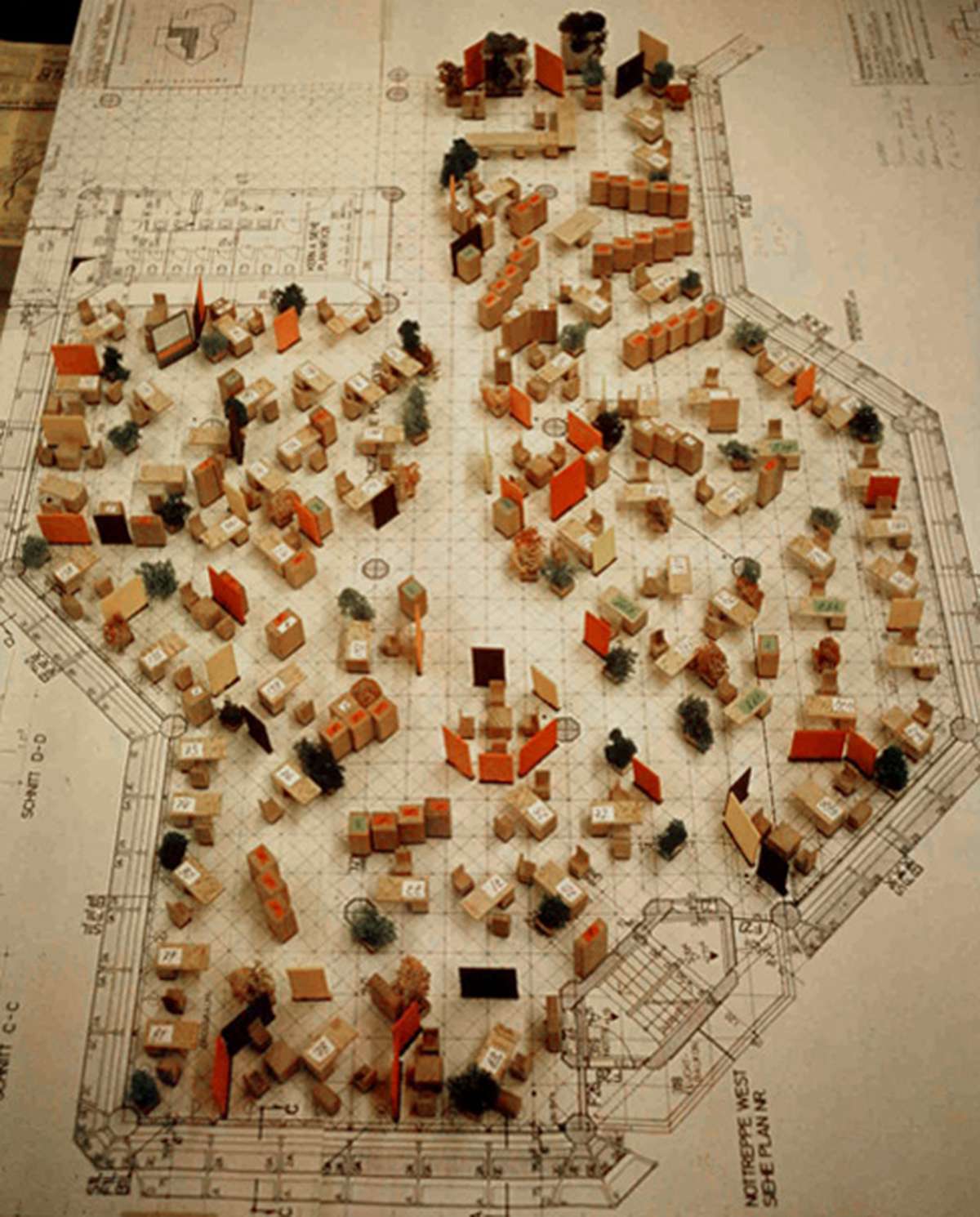
HISTORY: The history of the office & its workers.
Case Studies / Factories & Offices / Taylorism / Unconventional Offices / Co-working
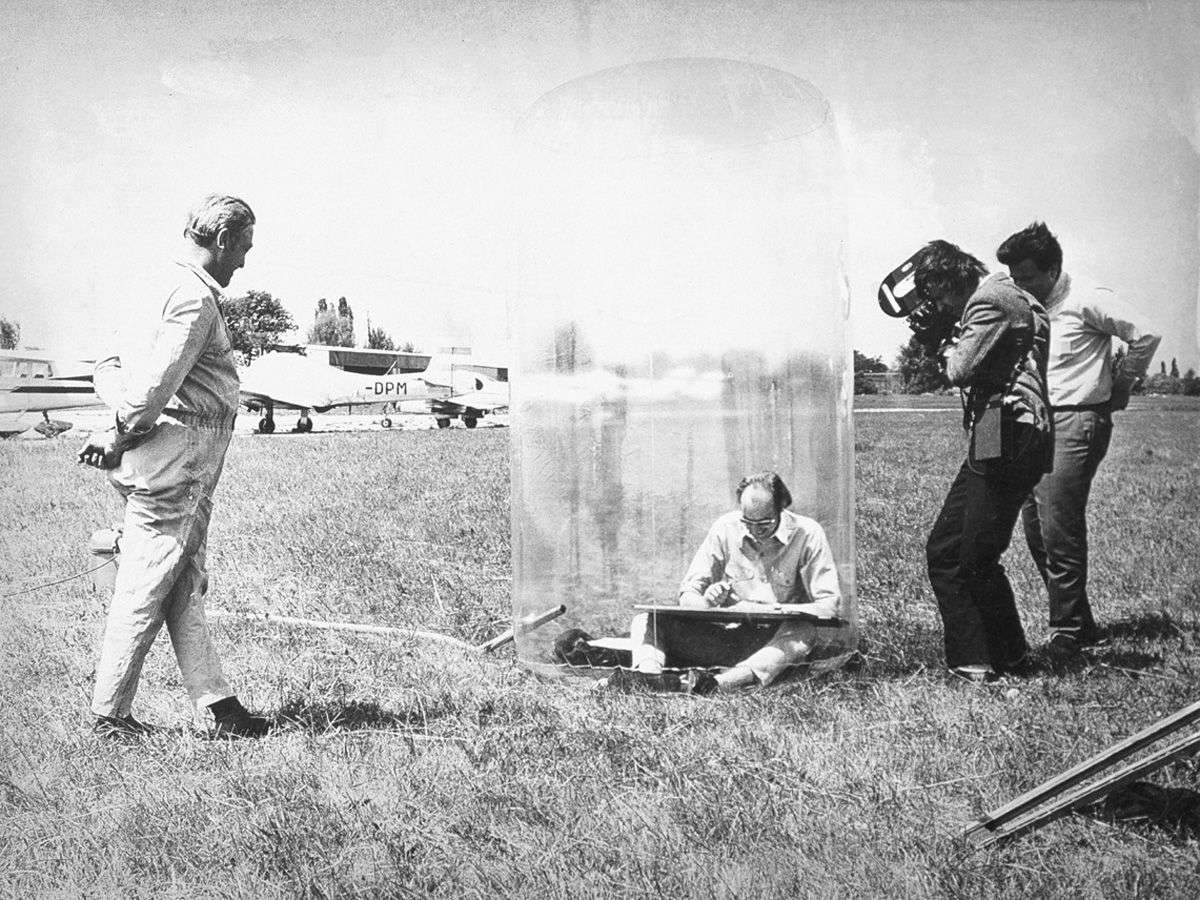
BODIES: Our workspaces & our bodies; individuals and users.
Ergonomics / Labour Issues / Labour Rights / Demographics / Care Work / Automation
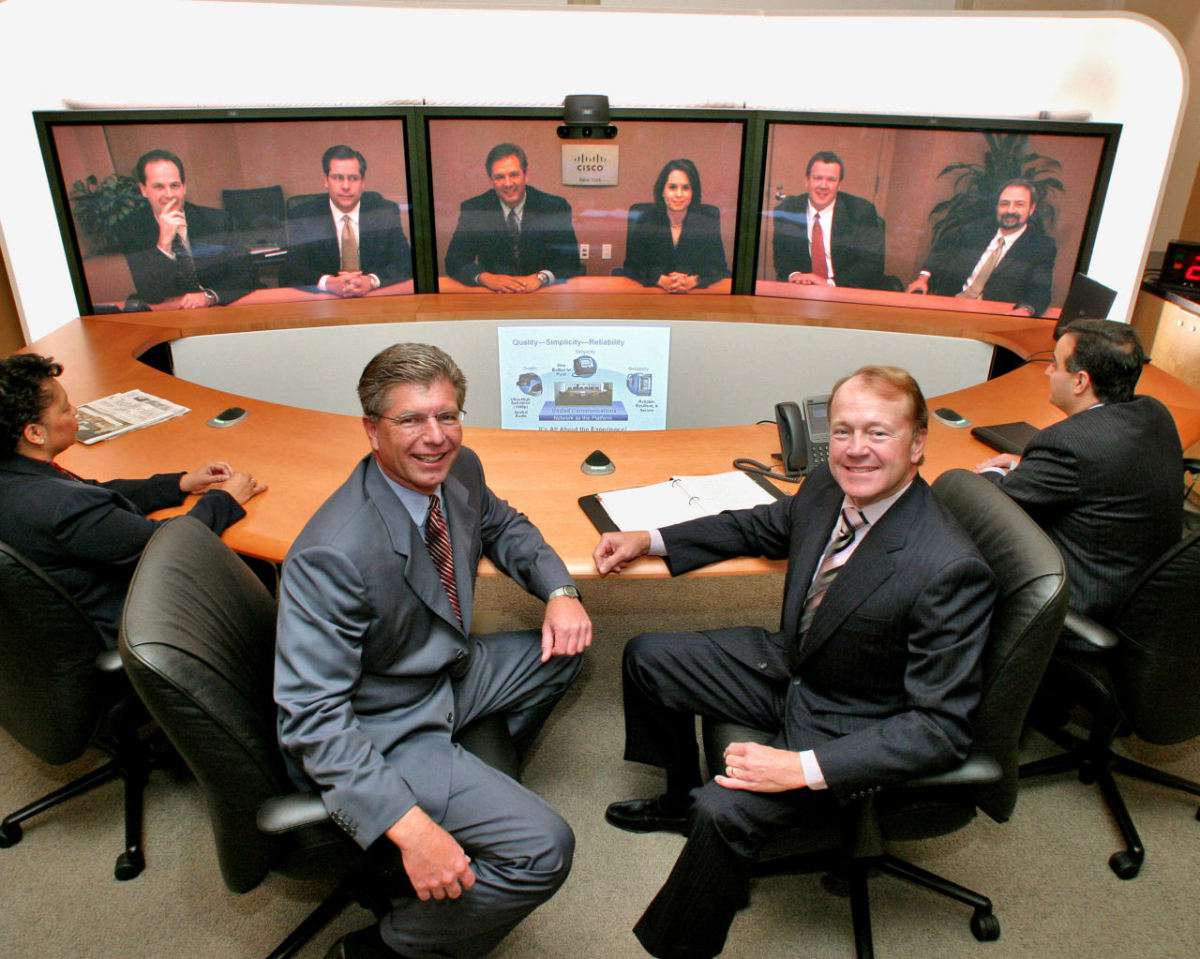
ORGANIZATIONS: Our business relationships & structures; the design of spaces to enable and/or reject these.
Flexibility / Business Models / Mobility / Office Politics / Teams & HR / Work Spaces & Amenities / Participation
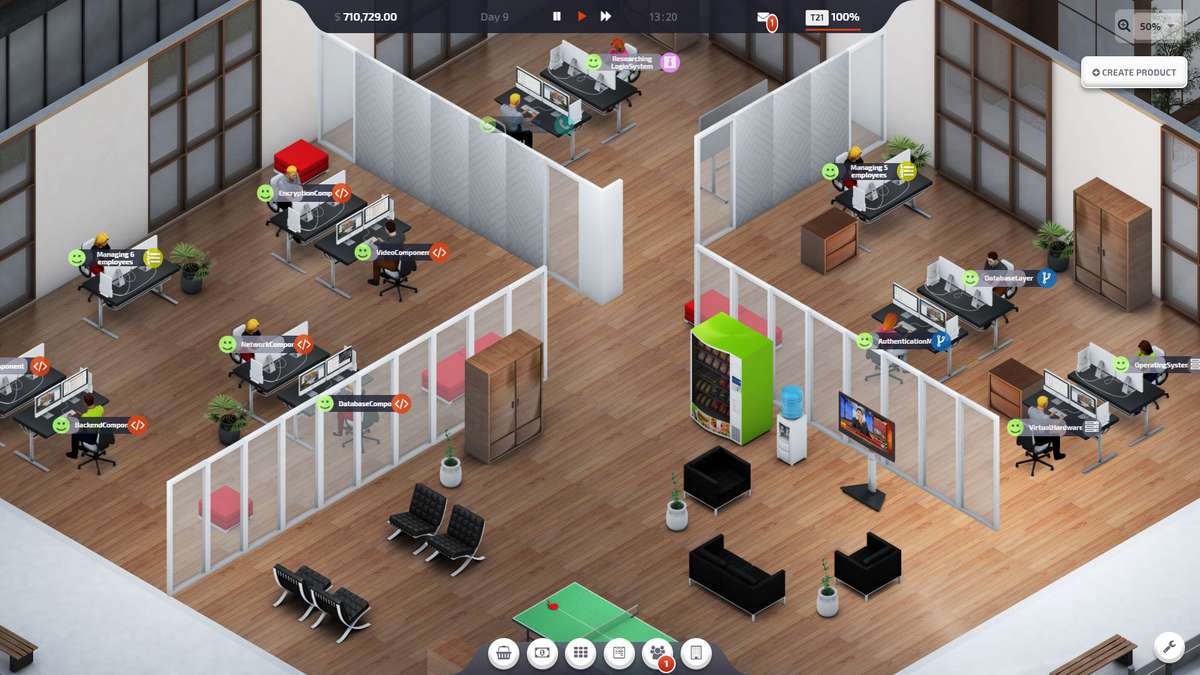
THE OFFICE IN CULTURE: Representations of offices & worker identities in both 'high' and 'low' culture.
Role Play / Games / Pop Culture / Art
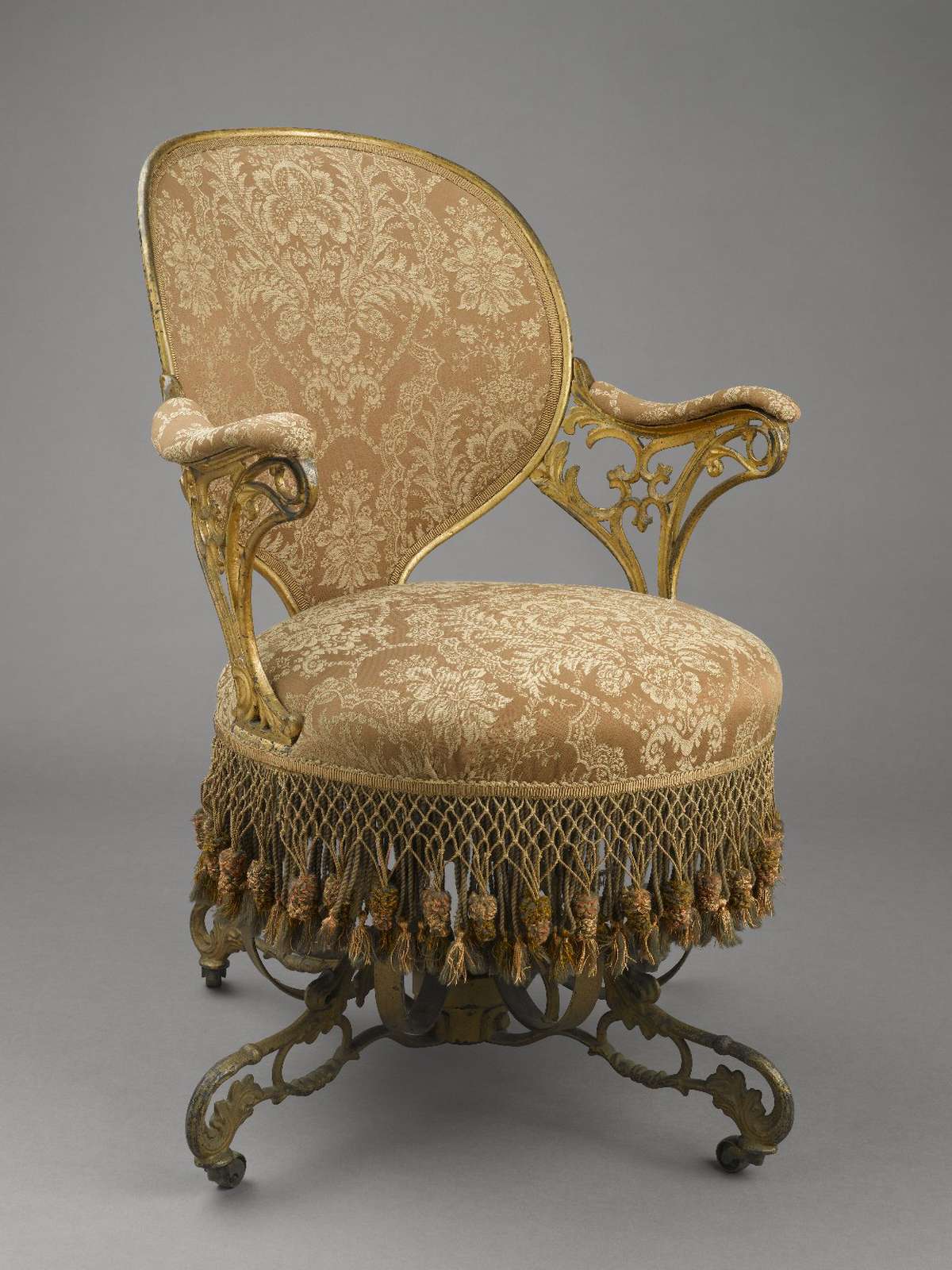
THE DESIGN OFFICE ITSELF: The design office itself.
Processes / Procurement / Incentives / Contract Furniture / Designing the Designer
The Office as a Project
The Office as a Project

- New alliances
Work, and the organizations that create & define it, are some of our fastest evolving social structures. They change so quickly and completely that words like ‘disruption’ are used to describe its shifts; legal agencies struggle to keep up.
On the other hand, ‘workplace design’ has been remarkably slow at reflecting these societal changes. The architect’s language to describe this is similarly obsolete. Even at its most progressive it simply enables & perpetuates existing structures, without a complete understanding of the meaning of its designs.
By making the Office a Project we are taking work & the workplace as a starting point to explore its expanded field of influence, from spatial privacy to care economies; from distributed digital work to white collar unions.. Our Project is not some Malthusian warning about (or celebration of) the ‘future of work,’ but is instead about understanding—in order to design for (or indeed against) this ubiquitous but under-scrutinized subject.
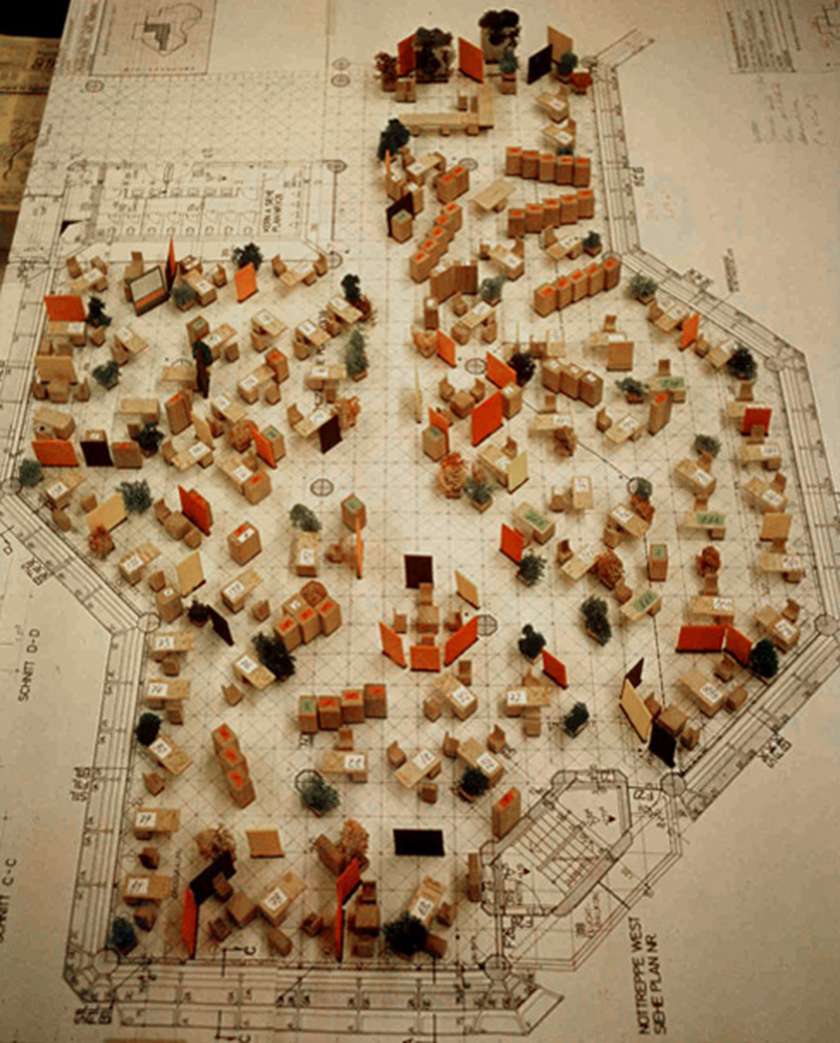
HISTORY: The history of the office & its workers.
Case Studies / Factories & Offices / Taylorism / Unconventional Offices / Co-working
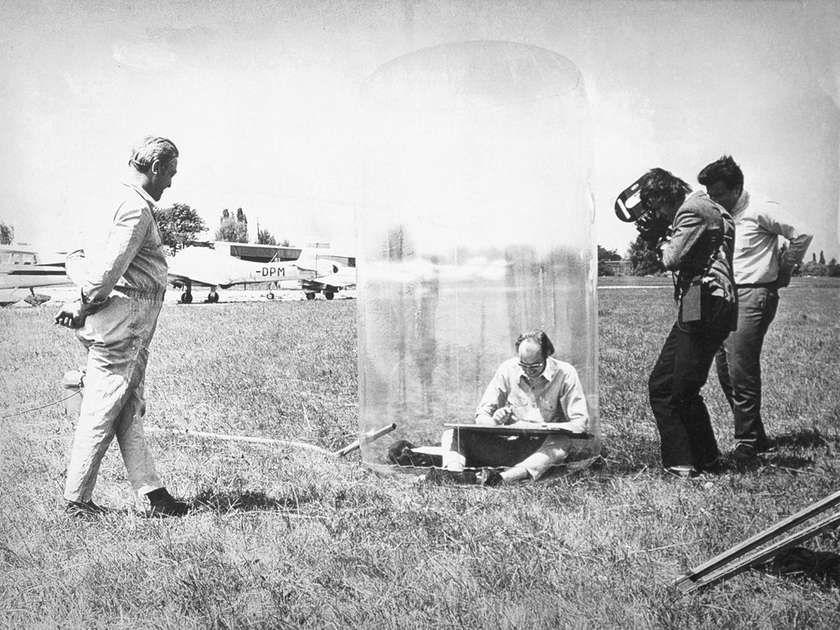
BODIES: Our workspaces & our bodies; individuals and users.
Ergonomics / Labour Issues / Labour Rights / Demographics / Care Work / Automation
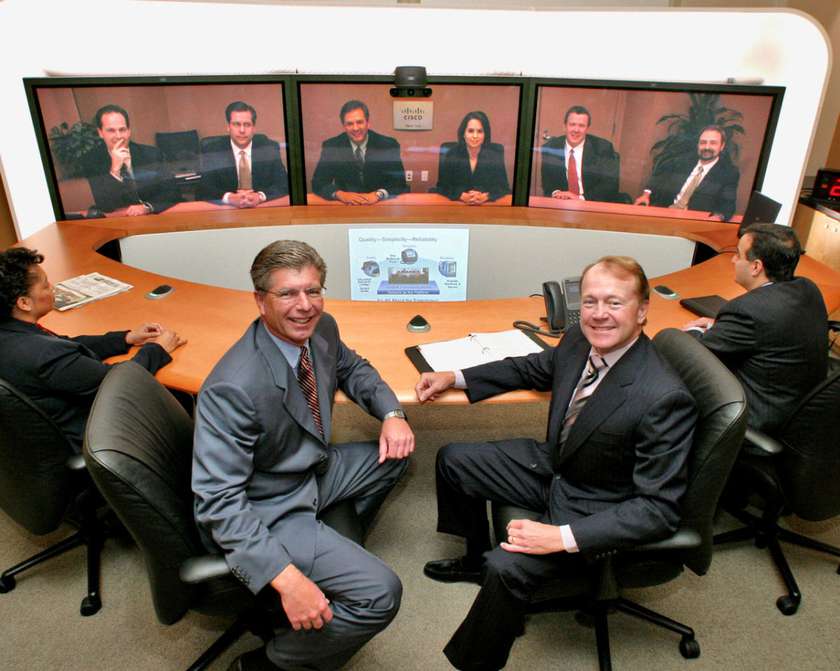
ORGANIZATIONS: Our business relationships & structures; the design of spaces to enable and/or reject these.
Flexibility / Business Models / Mobility / Office Politics / Teams & HR / Work Spaces & Amenities / Participation
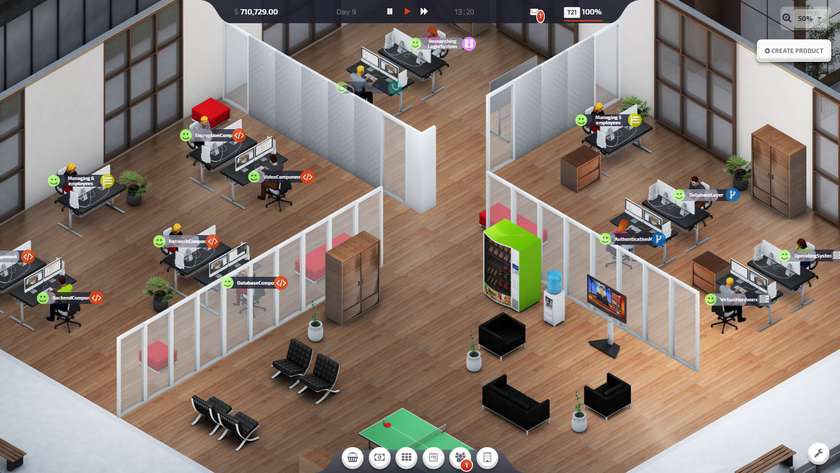
THE OFFICE IN CULTURE: Representations of offices & worker identities in both 'high' and 'low' culture.
Role Play / Games / Pop Culture / Art
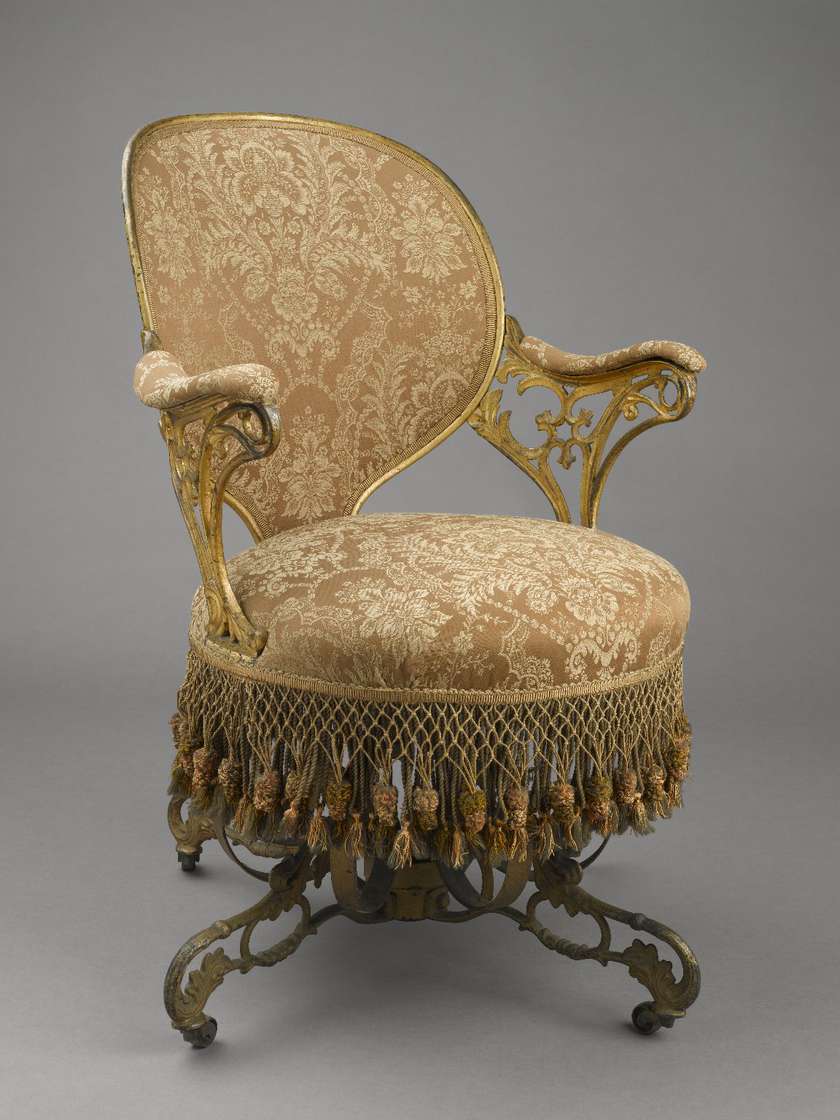
THE DESIGN OFFICE ITSELF: The design office itself.
Processes / Procurement / Incentives / Contract Furniture / Designing the Designer